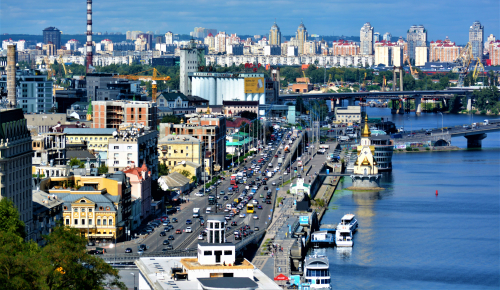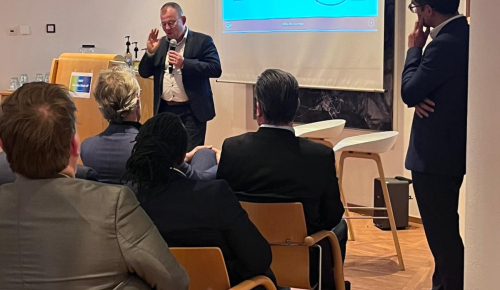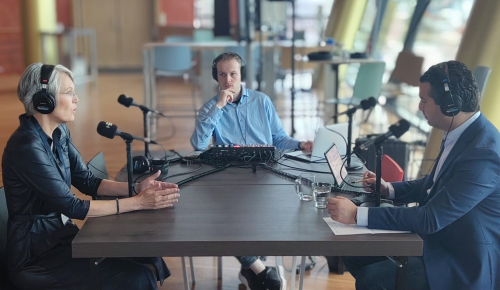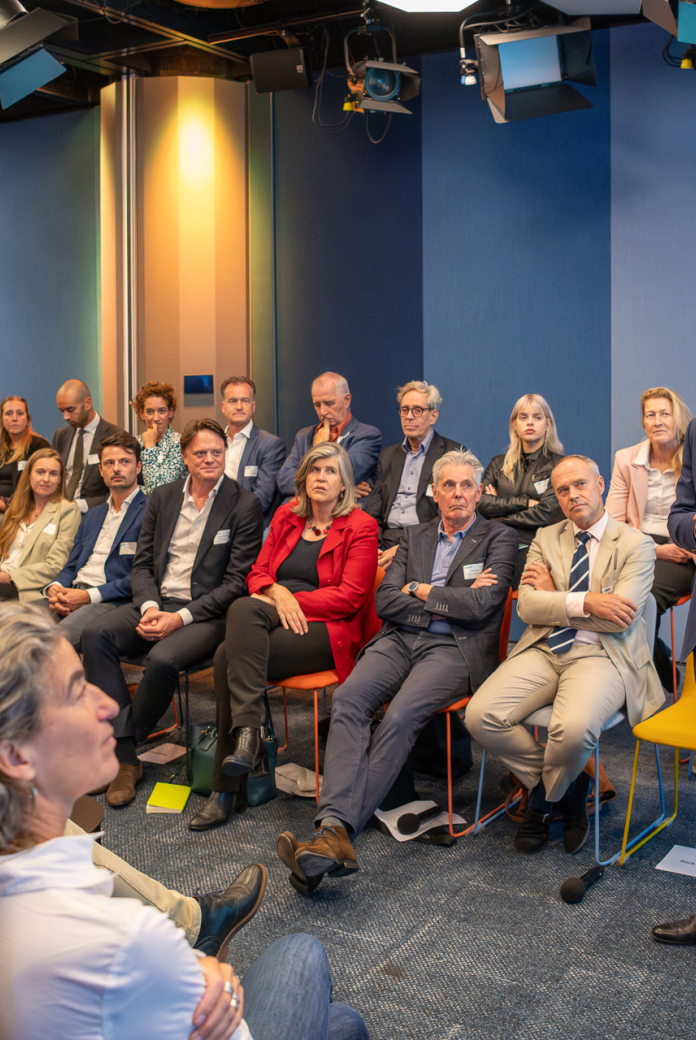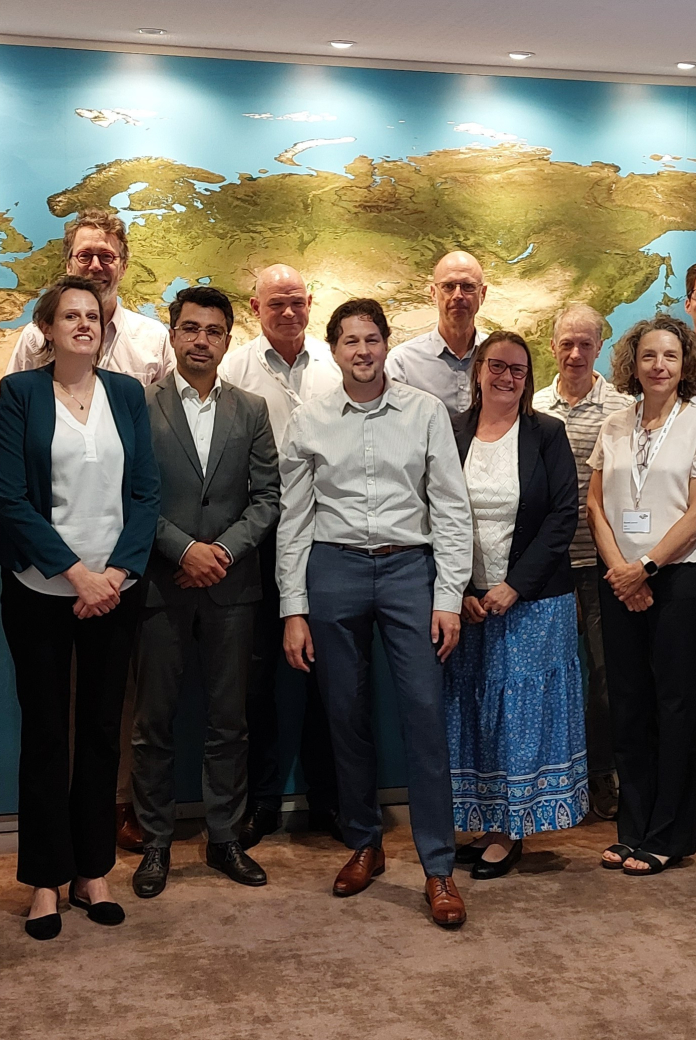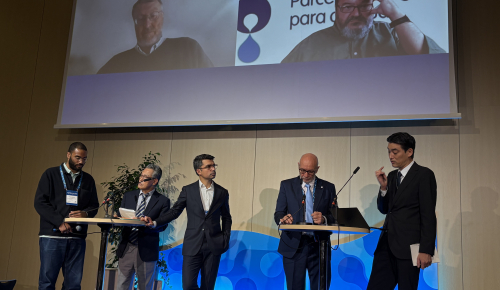Blog
2 September 2021Rabobank Water Plan – leveraging partnerships to reduce water stress
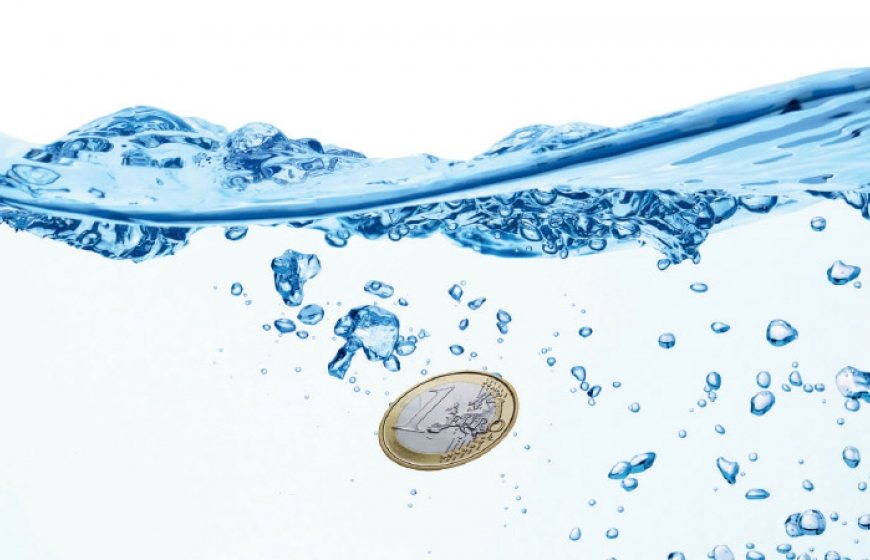
In July 2019, the Dutch Government reviewed its international water policy that sets out how it will contribute towards achieving global water security and water safety by 2030. The document, ‘Netherlands International Water Ambition’ (NIWA), is a sequel to the ‘International Water Ambition’ which it first introduced in 2016 and which positions water as a connecting theme to attain the Sustainable Development Goals. It emphasises that as water is a chief component in food production, sanitation, mining and other inputs needed to fuel a thriving economy, these must be incorporated in water strategies if the water strategies are to have a significant and long-term impact.
Rabobank and water
As the Global leading bank in Food and Agriculture, Rabobank is building on the Dutch government’s ambitions by positioning water as a key element in its strategy. It is currently developing a Water plan titled “Rabobank and Water: resource for development and growth”. Since becoming a member of the Netherlands Water Partnership (NWP) earlier this year, the bank has been working with the organisation to gain their expert advice and align with the ambitions of the Dutch Water Sector (DWS) to meet the water challenges here in the Netherlands and abroad.
In this article, Ton Wouterse, Head of Maritime & Offshore Sector at Rabobank, introduces the Waterplan and how it fits in with the bank’s ambitions. He points out that the biggest challenge today in every sector, is how to become more sustainable. That’s why the bank is redefining how it evaluates water and other water-related aspects of a project. “Our objective with our water ambition is to get a comprehensive view of where Rabobank can be beneficial to the market and how the bank can help the Dutch Water Sector to explore opportunities here at home and abroad.” He adds, “by looking at water not only as a risk factor but also as a key element or objective in a project, we hope to include not only the large traditional water companies, but also the smaller companies who are involved in water techniques and technology driven solutions.”
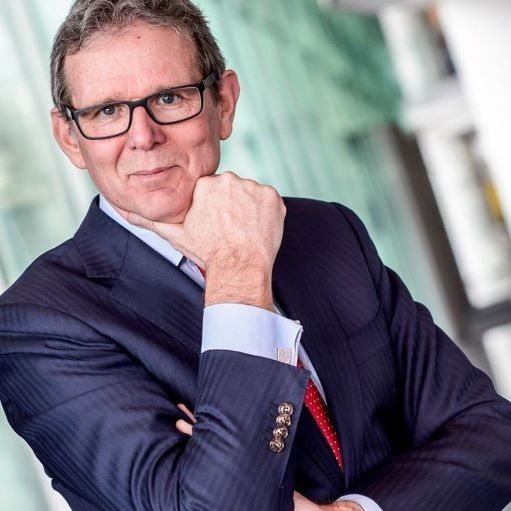
Water stewardship is part of the business case
As someone who has been in the industry for many years, Wouterse has witnessed the shift towards projects which place greater emphasis on the long-term impact on the environment and the community. He says Rabobank is also making that shift. “Our focus now is on how we can help the world have sufficient water by helping our clients be better water stewards. By this, I refer specifically to areas where the availability of water, either because of drought or flooding, not only impacts the business case, but also the community.”
Although some of Rabobank’s clients fall within the large multinationals category, it recognises that many water challenges, especially those related to farming projects in developing and emerging markets, are experienced by small and medium-sized companies that often do not have good access to capital markets. This is also true for solutions to address these challenges which often come from smaller companies and start-ups. Wouterse says that “Rabobank already has a presence in these markets, but the question is how can we continue and what we need to do to meet the right needs, especially in countries where business owners spend a large proportion of their financial resources on dealing with the effects of climate change. Rabobank has always been viewed as the finance expert, but by leveraging our partnerships and combining our experience and expertise, we are now going further to support these interesting businesses. Through the Rabobank Foundation we already work with partners here in the Netherlands and other markets by making money available to enterprises that normally would not be able to meet the borrowing requirements.”
Early financing and concrete proposals
Rabobank is also hoping to reach smaller, less experienced Dutch companies, especially those looking for opportunities and financing. “We are inviting NWP members to contact us with their food and agriculture projects in developing and emerging markets so we can help them export their services.” Wouterse also advises members to make sure that they try to secure financing early in the project, warning them that even though some aspects of the project may still need to be fleshed-out, it is important to start discussions with the Rabobank early. Many plans do not lead to fruition because of a lack of financing, he says, and the involvement of banks at an early stage is important. He further warns that companies need to make the practical elements and deliverables of their projects as concrete as possible, allowing for a more accurate appraisal and a better outcome. He explains that “If the request is not clear, it is very difficult to find the right solution. From a financial perspective, companies should also apply for financing at an early stage and not only at a critical stage when a project has already begun.”
Integrating energy and water avoids stress both ways
Since many of Rabobank’s clients operate in the food and agriculture sector, it is in the bank’s interest to find ways to help the sector avoid water stress. Rabobank expects that its Water Plan will help elevate water to the same priority level as carbon emissions. The Plan warns however, that actions to close the water gap can have major implications for energy use. Mitigation strategies in both areas must take into account the effect that the one can have on the other. For example, efforts to meet the carbon emissions targets set by the Paris Agreement will require huge quantities of additional water. This is because many clean energy technologies such as biofuels and carbon capture all require a lot of water. If not properly managed, this could exacerbate water stress and increase shortages.
On the other hand, closing the water gap can also have major implications for energy use. For example, desalination and wastewater treatment utilise vast amounts of energy. Rabobank’s Water Plan states, ‘Over the period to 2040, the amount of energy used in the water sector is projected to more than double’. However, the Plan also points to some activities which have the potential for energy savings in the water sector and which could balance out the additional energy use. These include co-locating energy and water infrastructure, utilising the energy embedded in wastewater and using alternative sources of water for energy production.
Combined effort, political will and investment
Although it is still in the draft phase, Wouterse says the strength of Rabobank’s Water Plan lies in its collaborative nature. He adds that finding solutions that reduce the footprints of energy and water with minimum stress to the economies that rely on their use, requires a combined effort and huge investment, but also gives new business opportunities. “Building partnerships will increase the chances of success, but political will is essential too. As a bank, we are never as good as the market players themselves. Changing the business and political climate is ongoing and is a long-term effort that we started working on a while ago. In the short term, we need to change behaviour and that is not easy. As a collective effort, we can make a significant impact, but for it to work, it must be high on the international and political agenda.”
